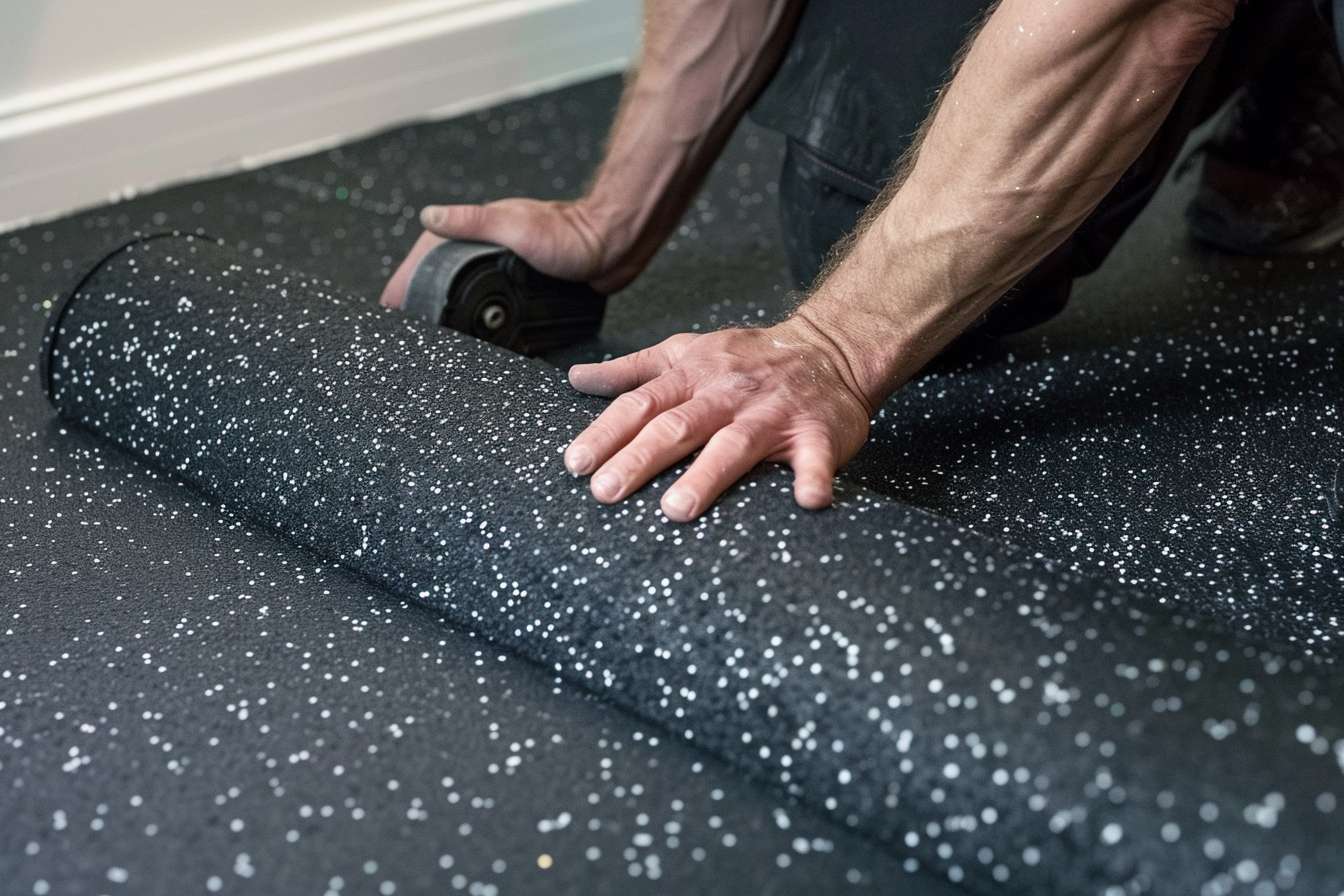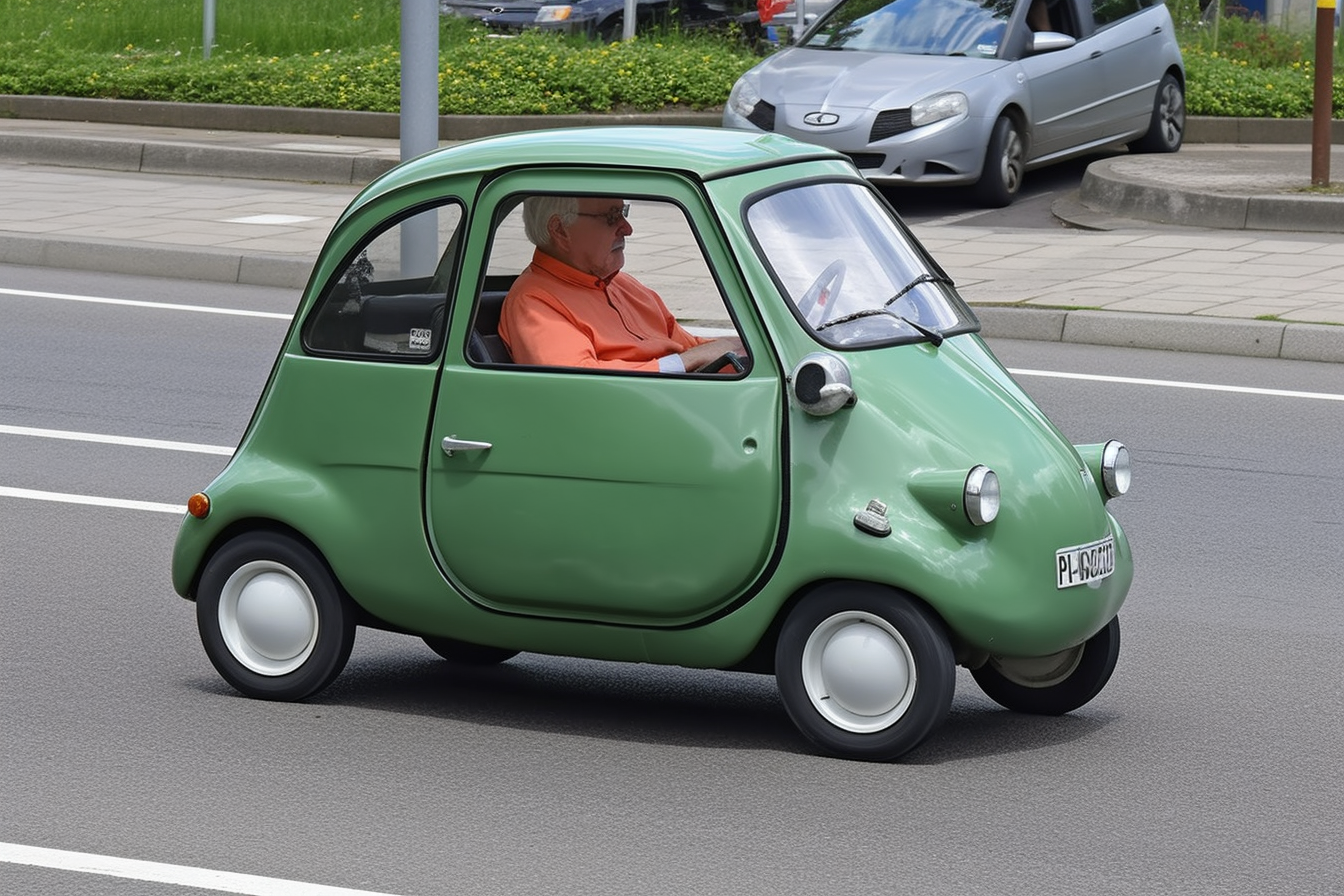Garage Floor Coatings: Options, Benefits, and Considerations
Garage floor coatings have become increasingly popular among homeowners looking to enhance the durability, appearance, and functionality of their garage spaces. These specialized coatings offer protection against stains, chemicals, and wear while providing an attractive finish that can transform a dull concrete floor into a sleek, professional-looking surface. Understanding the various types of coatings, their benefits, and the factors to consider when choosing and applying them can help you make an informed decision for your garage floor.

What are the types of floor coatings for garages?
There are several types of floor coatings available for garage applications, each with its own set of characteristics and benefits:
-
Epoxy coatings: These are among the most popular options due to their durability and chemical resistance. Epoxy coatings are typically two-part systems that create a hard, glossy finish when cured.
-
Polyurethane coatings: Known for their excellent UV resistance and flexibility, polyurethane coatings are often used as a topcoat over epoxy for added protection.
-
Acrylic sealers: These provide a more affordable option that offers basic protection and enhances the appearance of concrete floors.
-
Polyaspartic coatings: A newer technology that combines rapid curing with excellent durability and chemical resistance.
-
Latex paint: While not as durable as other options, latex paint can be a quick and inexpensive way to improve the look of a garage floor.
What are the benefits of epoxy coating for concrete?
Epoxy coating for concrete offers numerous advantages, making it a popular choice for garage floors:
-
Durability: Epoxy creates a strong, long-lasting surface that can withstand heavy traffic, impacts, and abrasions.
-
Chemical resistance: It protects the concrete from oil, gasoline, and other automotive fluids that commonly spill in garages.
-
Easy maintenance: The smooth, non-porous surface of epoxy is easy to clean and maintain.
-
Moisture resistance: Epoxy coatings help prevent moisture from seeping into the concrete, reducing the risk of damage and mold growth.
-
Aesthetic appeal: Available in various colors and finishes, epoxy can significantly improve the look of a garage floor.
-
Increased light reflectivity: The glossy surface of epoxy coatings can brighten the garage space by reflecting light more effectively.
-
Crack and chip resistance: Properly applied epoxy can help prevent small cracks and chips in the concrete surface.
How is epoxy coating for garage floors applied?
The application process for epoxy coating on garage floors typically involves several steps:
-
Surface preparation: This crucial step includes cleaning the concrete thoroughly and etching or grinding the surface to ensure proper adhesion.
-
Repairs: Any cracks, holes, or damaged areas in the concrete are filled and repaired.
-
Primer application: A primer coat may be applied to improve adhesion and seal the concrete.
-
Epoxy base coat: The main epoxy coating is mixed and applied evenly across the floor.
-
Decorative elements: If desired, color flakes or chips can be broadcast onto the wet epoxy for added texture and visual interest.
-
Topcoat: A clear topcoat is often applied to seal the system and provide additional protection.
-
Curing: The coated floor needs to cure for the recommended time before use, typically 24-72 hours depending on the product.
What factors affect epoxy garage floor cost?
The cost of an epoxy garage floor coating can vary significantly based on several factors:
-
Size of the garage: Larger areas will require more materials and labor, increasing the overall cost.
-
Condition of the existing concrete: Extensive repairs or surface preparation can add to the expense.
-
Type and quality of epoxy: Professional-grade epoxy systems are typically more expensive than DIY kits but offer superior durability.
-
Complexity of design: Adding decorative elements like color flakes or custom patterns will increase the cost.
-
Professional vs. DIY installation: While DIY kits are available, professional installation often provides better results and longevity.
-
Geographic location: Labor and material costs can vary depending on your region.
| Service | Provider | Cost Estimation |
|---|---|---|
| Basic Epoxy Coating | DIY Kit | $200 - $600 |
| Professional Epoxy Installation | Local Contractors | $1,000 - $3,000 |
| High-End Epoxy System | Specialized Flooring Companies | $3,000 - $7,000+ |
Prices, rates, or cost estimates mentioned in this article are based on the latest available information but may change over time. Independent research is advised before making financial decisions.
How do you maintain epoxy-coated garage floors?
Maintaining an epoxy-coated garage floor is relatively simple but important for longevity:
-
Regular sweeping: Remove dirt and debris that can scratch the surface.
-
Prompt spill clean-up: Wipe up any spills immediately to prevent staining.
-
Periodic mopping: Use a soft mop and mild cleaner to keep the floor looking its best.
-
Avoid harsh chemicals: Use cleaners specifically designed for epoxy floors or mild, pH-neutral solutions.
-
Use protective mats: Place mats under vehicle tires to prevent hot tire pickup and staining.
-
Reapply clear coat: Every few years, consider reapplying a clear topcoat to maintain protection and shine.
Garage floor coatings, particularly epoxy-based systems, offer a durable and attractive solution for protecting and enhancing concrete surfaces. By understanding the types of coatings available, their benefits, application processes, and maintenance requirements, homeowners can make informed decisions about improving their garage floors. Whether opting for a DIY approach or professional installation, a well-chosen and properly applied floor coating can significantly upgrade the functionality and appearance of any garage space.




